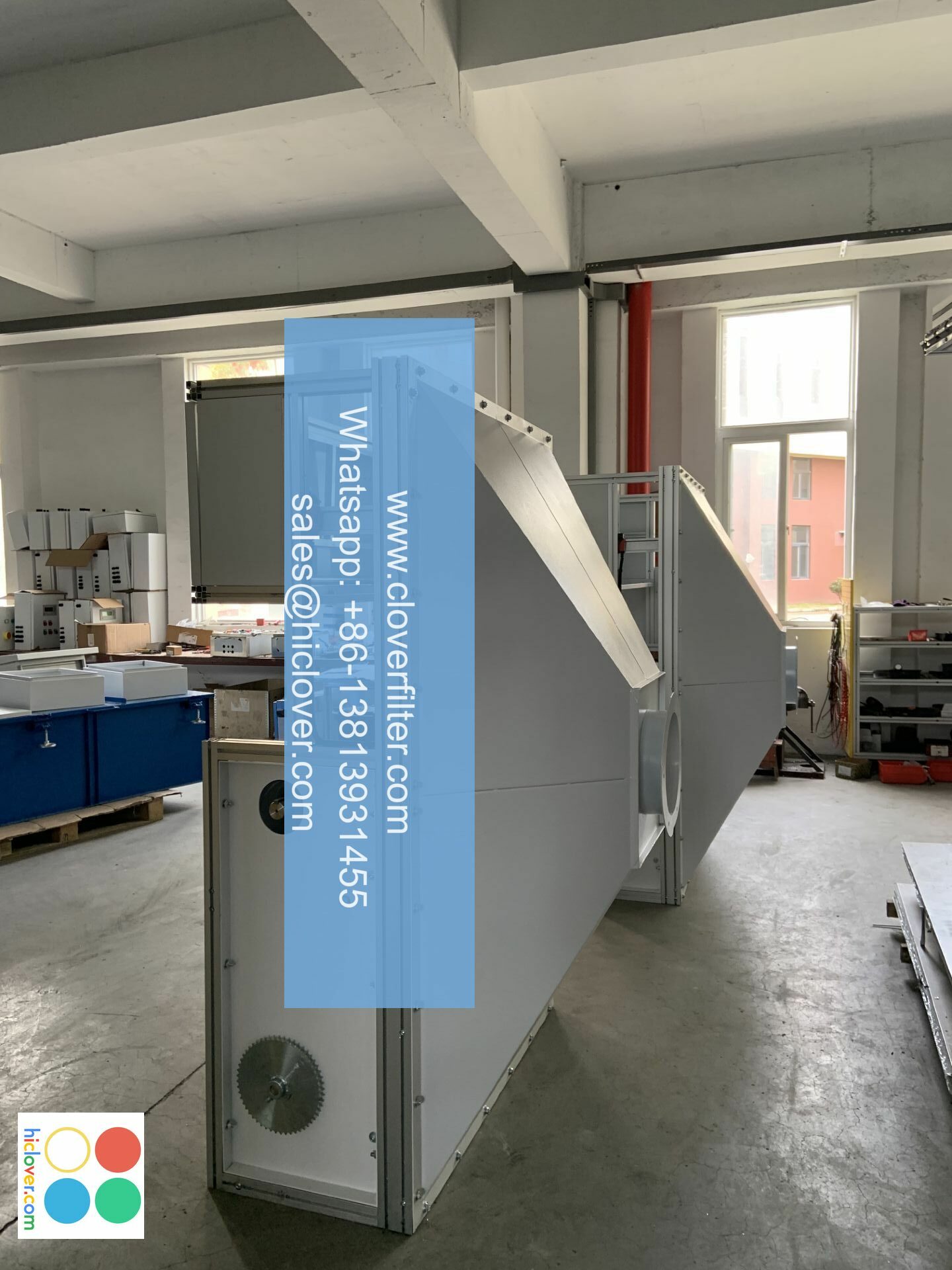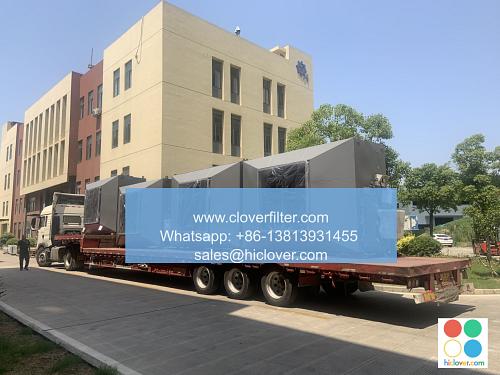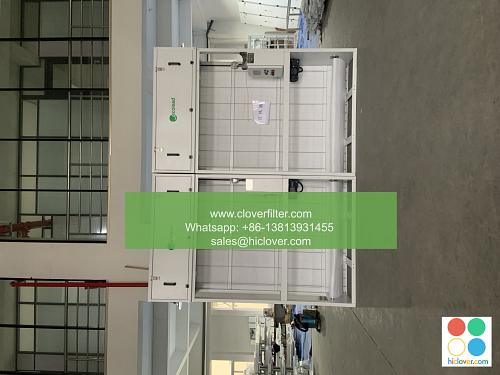How Air Filter Performance Affects Your Allergies

The Impact of Air Filter Performance on Your Allergies: Separating Fact from Fiction
Is your allergies making you miserable? Are you tired of sneezing, coughing, and ruining your day with constant allergy symptoms? The answer to your woes may lie in your air filter. The performance of your air filter can significantly impact the quality of the air you breathe, influencing your allergy symptoms and overall health. In this article, we will delve into the world of air filter technology, explore the various types of filters available, and discuss the effects of filter performance on allergies.
Understanding Air Filtration
Air filters are designed to capture airborne particles, including dust, pollen, dander, and other allergens, to create a cleaner and healthier indoor environment. They can be categorized into three main types:
- Mechanical filters: These filters use a physical barrier to capture particles. Most residential air filters fall into this category, including HEPA (High Efficiency Particulate Air) filters.
- Electrostatic filters: These filters use electrostatic charges to attract and capture particles.
- Activated carbon filters: These filters use activated carbon to absorb gases and odors.
The Impact of Filter Performance on Allergies
Allergies can be debilitating, with symptoms ranging from mild to severe. When an air filter performs suboptimally, allergens enter the air we breathe, exacerbating symptoms. A low-quality filter may fail to capture small particles, such as dust mites, pollen, or pet dander, which can trigger allergic reactions.
Airborne particles can lead to:
- Respiratory issues: difficulty breathing, wheezing, and asthma attacks
- Skin problems: rashes, itching, and skin irritation
- Eye issues: itchiness, redness, and tearing
The Benefits of High-Performance Filters
Investing in a high-performance filter can greatly improve indoor air quality. Some of the benefits of high-performance filters include:
- Improved asthma control: By reducing allergen exposure, high-performance filters can help alleviate asthma symptoms.
- Increased comfort: Clean air and reduced allergens contribute to overall well-being and comfort.
- Reduced cleaning frequency: A high-performance filter can capture pollutants and particles, reducing the need for frequent cleaning.
Types of High-Performance Filters
- HEPA Filters: These filters capture 99.97% of particles as small as 0.3 microns, including dust, pollen, and pet dander.
- Activated Carbon Filters: These filters absorb gases, odors, and volatile organic compounds (VOCs).
- UV Filters: These filters use light to kill bacteria, viruses, and other microorganisms.
Conclusion
Air filter performance can have a significant impact on your allergies and overall health. By investing in a high-performance air filter, you can breathe cleaner air and alleviate allergy symptoms. With the various types of filters available, there’s an option to suit every need and budget. A cleaner indoor environment is within reach.
I’m happy to help! What would you like to talk about or explore? Do you have a specific topic in mind or would you like me to suggest some options?


